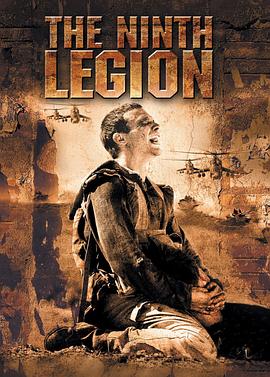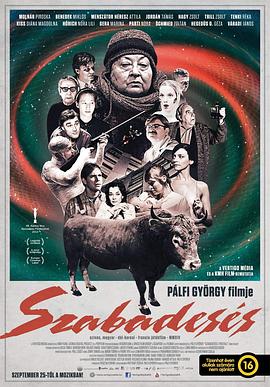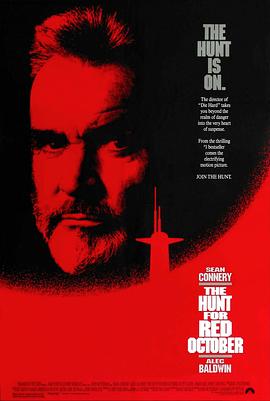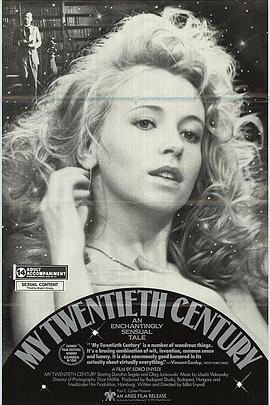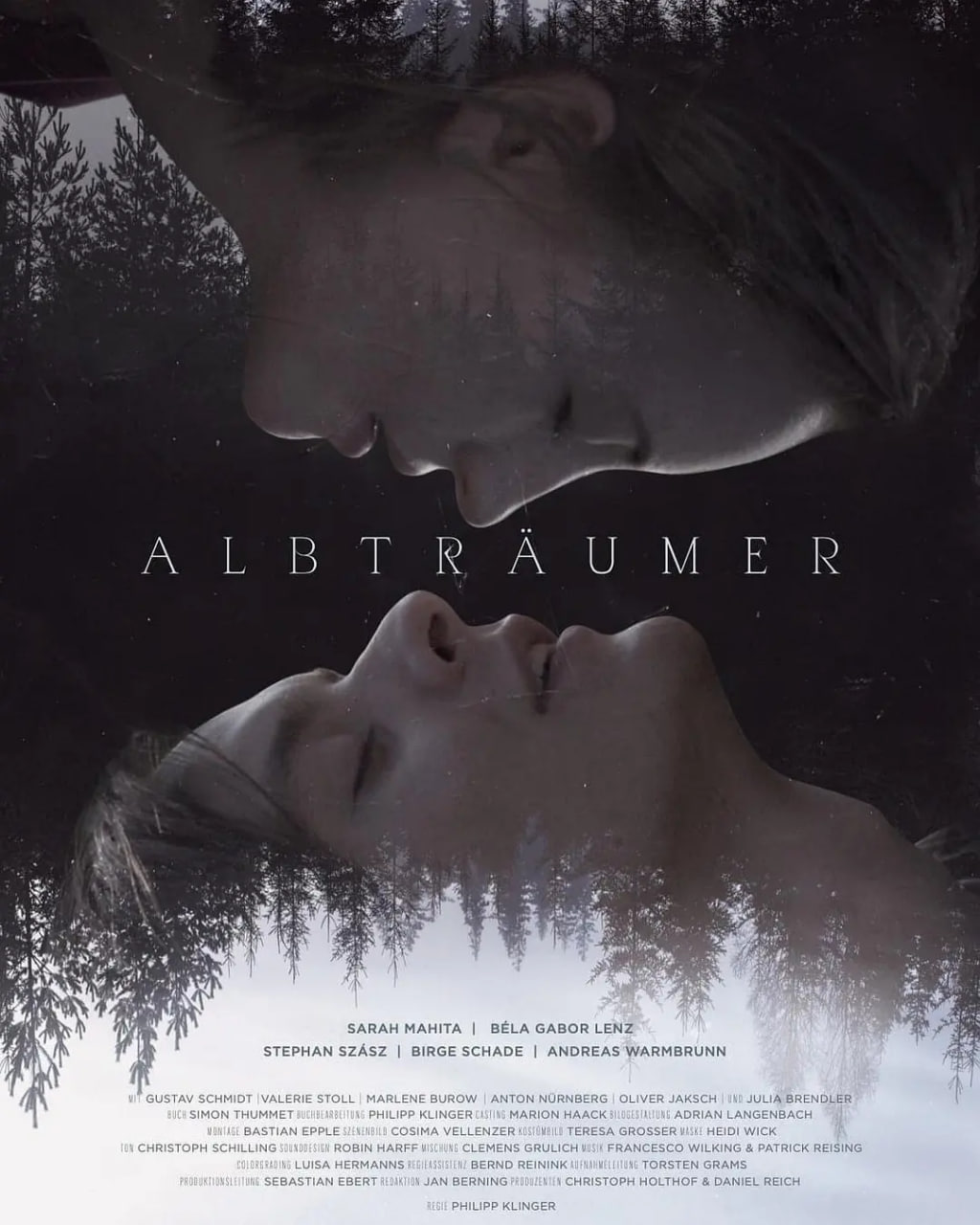Somewhere in the remote region, the war ends. In the midst of ruined cities and houses in the streets, in rural hamlets, everywhere where people still live, are children who have lost their homes and parents. Abandoned, hungry, and in rags, defenseless and humiliated, they wander through the world. Hunger drives them. Little streams of orphans merge into a river which rushes forward and submerges everything in its path. The children do not know any feeling; they know only the world of their enemies. They fight, steal, struggle for a mouthful of food, and violence is merely a means to get it. A gang led by Cahoun finds a refuge in an abandoned castle and encounters an old composer who has voluntarily retired into solitude from a world of hatred, treason, and crime. How can they find a common ground, how can they become mutual friends The castle becomes their hiding place but possibly it will also be their first home which they may organize and must defend. But even for this, the price will be very high. To this simple story, the journalist, writer, poet, scriptwriter, movie director, and film theoretician Béla Balázs applied many years of experience. He and the director Géza Radványi created a work which opened a new postwar chapter in Hungarian film. Surprisingly, this film has not lost any of its impact over the years, especially on a profound philosophical level. That is to say, it is not merely a movie about war; it is not important in what location and in what period of time it takes place. It is a story outside of time about the joyless fate of children who pay dearly for the cruel war games of adults. At the time it was premiered, the movie was enthusiastically received by the critics. The main roles were taken by streetwise boys of a children's group who created their roles improvisationally in close contact with a few professional actors, and in the children's acting their own fresh experience of war's turmoil appears to be reflected. At the same time, their performance fits admirably into the mosaic of a very complex movie language. Balázs's influence revealed itself, above all, in the introductory sequences an air raid on an amusement park, seen in a montage of dramatic situations evoking the last spasms of war, where, undoubtedly, we discern the influence of classical Soviet cinematography. Shooting, the boy's escape, the locomotive's wheels, the shadows of soldiers with submachine guns, the sound of a whistle—the images are linked together in abrupt sequences in which varying shots and expressive sharp sounds are emphasized. A perfectly planned screenplay avoided all elements of sentimentality, time-worn stereotypes of wronged children, romanticism and cheap simplification. The authors succeeded in bridging the perilous dramatic abyss of the metamorphosis of a children's community. Their telling of the story (the scene of pillaging, the assault on the castle, etc) independently introduced some neorealist elements which, at that time, were being propagated in Italy by De Sica, Rossellini, and other film artists. The rebukes of contemporary critics, who called attention to formalism for its own sake have been forgotten. The masterly art of cameraman Barnabás Hegyi gives vitality to the poetic images. His angle shots of the children, his composition of scenes in the castle interior, are a living document of the times, and underline the atmosphere and the characters of the protagonists. The success of the picture was also enhanced by the musical art of composer Dénes Buday who, in tense situations, inserted the theme of the Marseilaise into the movie's structure, as a motive of community unification, as an expression of friendship and the possibility of understanding. Valahol Europaban is the first significant postwar Hungarian film. It originated in a relaxed atmosphere, replete with joy and euphoria, and it includes these elements in order to demonstrate the strength of humanism, tolerance, and friendship. It represents a general condemnation of war anywhere in the world, in any form.
播放源:
暴风非凡
无需安装任何插件,即可快速播放!!!
同主演
- 第九突击队
费奥多尔·邦达尔丘克,Artur,Smolyaninov,阿雷克西·查多夫,康斯坦丁·克留科夫,Ivan,Kokorin
- 自由落体
皮洛斯卡·莫尔纳,Miklós,Benedek,塔马斯·约旦,Csaba,Gosztonyi,玛丽娜·格拉,Csaba,Györy,Dániel,Csengery,迪亚·麦格唐娜·凯斯
- 猎杀红色十月
肖恩·康纳利,亚历克·鲍德温,斯科特·格伦,山姆·尼尔,詹姆斯·厄尔·琼斯,乔斯·雅克兰德,理查德·乔丹,彼得·弗斯,蒂姆·克里,考特尼·万斯,斯特兰·斯卡斯加德,杰弗瑞·琼斯,蒂莫西·卡哈特,拉里·弗格森,弗雷德·多尔顿·汤普森,丹尼尔·戴维斯,奈德·沃恩,Anthony,Peck,汤姆·费舍尔,皮特·安蒂克,罗纳德·格特曼,托马斯·阿拉纳,Ivan,G'Vera,Artur,Cybulski,史文-欧尔·托尔森,鲍里斯·李·库尔通格,Ivan,Ivanov,Herman,Sinitz
- 我的二十世纪
多萝塔·塞格达,奥列格·扬科夫斯基,保卢斯·曼克,彼得·翁多劳伊,Gábor,Máté,Gyula,Kéry,Sándor,Téri,Sándor,Czvetkó,Ágnes,Kovács
- 如何被爱
芭尔芭拉·克拉夫托夫娜,兹比格涅夫·齐布尔斯基,Artur,Mlodnicki,韦恩泽斯洛·格林斯基,维斯拉夫·格拉斯
- 森灵之约
Sarah,Mahita,Béla,Gábor,Lenz,Stephan,Szasz,Valerie,Stoll,Julia,Brendler
